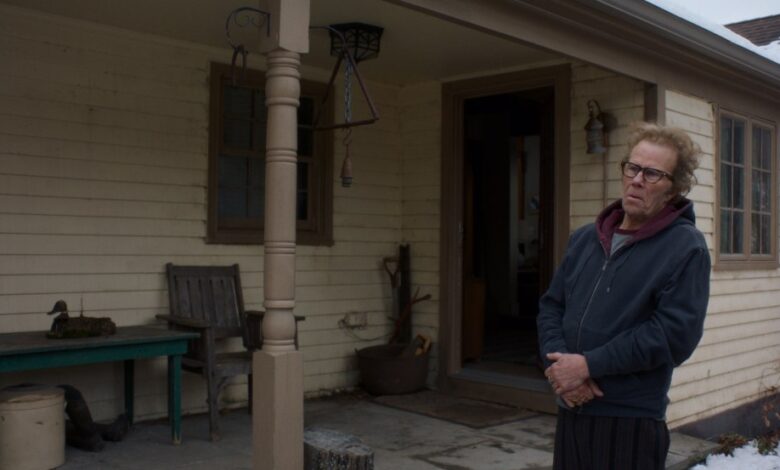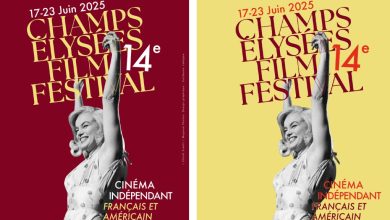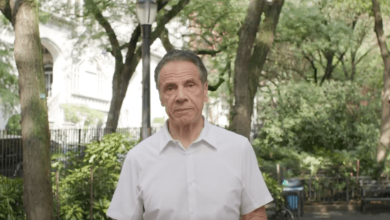Jim Jarmusch’s Father Mother Sister Brother Review: Family, Comedy, and Awkward Truths at Venice

If Jim Jarmusch ever blended cringe comedy with arthouse experimentation, the result would look much like his latest film, Father Mother Sister Brother, which premiered at the Venice Film Festival. Structured as a triptych, the film explores the universal yet complicated theme of family, while weaving in recurring jokes and a distinctly offbeat tone.
The film is divided into three segments — “Father,” “Mother,” and “Sister Brother.” Each explores dysfunctional family dynamics with Jarmusch’s signature deadpan humor and experimental style.
In the opening story, Adam Driver and Mayim Bialik star as siblings visiting their eccentric father, played by Tom Waits. Their strained relationship unravels through witty dialogue, references to Reich and Chomsky, and hints at a bohemian past, leaving them questioning: “How does Daddy survive, exactly?”
The second tale, “Mother,” shifts to Charlotte Rampling as a flamboyant novelist, whose mismatched daughters arrive reluctantly. Cate Blanchett plays the nerdy Timothea, while Vicky Krieps portrays Lilith, a rebellious dropout. Their interactions, dripping with awkward tension, highlight the disconnect between generations.
The final chapter, “Sister Brother,” starring Indya Moore and Luka Sabbat, focuses on siblings managing their parents’ estate. Though more subdued, it echoes Jarmusch’s low-key arthouse roots, recalling earlier works like Mystery Train.
See More ...
With an eclectic cast that also includes Françoise Lebrun and Sarah Greene, the film underscores Jarmusch’s ability to blend intimacy, absurdity, and subtle humor. Accompanied by trippy visuals and an avant-garde guitar score by Jarmusch and Annika Henderson, the movie lingers long after it ends — not always laugh-out-loud funny, but undeniably thought-provoking.
Distributed by Mubi, Father Mother Sister Brother marks a step back to Jarmusch’s experimental roots, contrasting with mainstream projects like Broken Flowers. Whether audiences embrace it or not, it delivers a uniquely personal meditation on how you can’t choose your family — but you can laugh at the chaos it creates.
Source: deadline.co




